With an estimated 5.8 million Americans living with Alzheimer’s disease and millions more living with other forms of dementia, the need for specialized care is increasing. Many individuals with these conditions do not have a formal diagnosis, and family members or home care agencies often take on the caretaking responsibilities. But with the sometimes rapid pace of progression of these conditions, care givers and family members need to be attentive to the individual’s changing needs. Sometimes it becomes necessary to find a safe and secure environment where your loved one will receive specialized care. With the number of Americans living with Alzheimer’s projected to rise to nearly 14 million by the year 2050, more and more senior communities are recognizing the need for specialized memory care and building programs in response. But not all memory care facilities are the same. Below are a few questions to ask when considering a memory care facility for your loved one:
Will the staff perform or require a complete assessment before admitting my loved one?
Most senior care living facilities require a complete assessment from a doctor, but it’s even better if the staff at a memory care facility is trained to administer an assessment in addition to the doctor’s assessment. Notes from a doctor can fail to paint the whole picture of a person’s health, and a facility with a nurse or other trained staff can often discover missing pieces of information needed to determine what form of care is best for your loved one.
What type of care is offered and at what levels?
Not all facilities offering memory care programs offer different levels of care. Look for a facility that will take an individualized care approach for your loved one by offering the right care level that is needed. A facility that provides for not only the physical, but also the social, emotional, and spiritual needs of your loved one is always best.
What safety and security measures are in place?
Often, the safety of a loved one with Alzheimer’s or other forms of dementia can be a top concern. Does the facility make the necessary precautions to keep your loved one secure if they happen to wander or get lost? Are the doors kept secure and is staff present 24/7? Is protected outdoor space available for your loved one to enjoy?
Is the community easy to navigate?
Is the facility built with an easy-to-navigate floor plan to help lessen the chance that your loved one will get lost or confused? A building with a circular walking path can help ease the frustrations of someone living with Alzheimer’s or other forms of dementia.
What types of rooms are offered?
Does the facility offer different floor plans? Are rooms shared or private? There can be a vast difference between the types of living arrangements offered. Be sure to get the details of what is offered to help determine what living scenario your loved one would be most comfortable with.
What community amenities are there?
Asking this question can give the facility staff the opportunity to share what makes them stand out. Some memory care facilities offer a wide-array of amenities, such as secure outdoor space, physical exercise programs, laundry service, transportation, and nutritious meals. If seeking a faith-based organization, look for a memory care program that also offers religious services and/or chaplain visits.
Are there activities regularly offered?
Take a look at the activity calendar to get an idea of what social events are offered. Is there a variety of options to meet the individual interests and needs of the residents? A good memory care facility should be offering activities that are specially designed to help slow cognitive decline and promote physical activity. Nichole Sparks, Social Services Memory Care Coordinator at Snyder Village, explains, “Skilled memory care provides activities that stimulate all five senses for residents that have moderate to severe dementia, such as baking (taste), flower arranging (touch), aromatherapy (smell), music programs (hearing), and also Match Bingo or coloring (sight). All of our activities can be modified to accommodate any resident, as all are differently abled due to different journeys in their dementia. Modifications can include task segmentation, small/large group activities, and also one-on-one activities.”
What type of training do the staff members have?
Memory care is a unique kind of caregiving with its own set of challenges. This requires specialized training, which should be regularly reinforced. And not all forms of dementia are alike. With over 400 types of dementia possible, the most common being Alzheimer’s disease and vascular dementia, it is wise to find a care facility that recognizes and understands that not all individuals dealing with dementia are the same.
What type of staffing is offered?
Is there staff available around-the-clock and what is the patient-to-staff ratio? A high level of care should be provided no matter the hour of the day or night. It is also helpful to ask how many nurses are on staff and if the facility has a regular visiting physician.
What is the cost of the memory care?
Pricing can vary widely depending on the type of facility. In general, memory care is often more expensive than traditional nursing care or assisted living. This is due to the need for not only more staff members, but staff members with specialized training. Speak with the facility to find out what levels of cost are offered and what types of benefits may be available.
Just as every senior is different, every memory care program is unique. Visiting a campus and asking questions is the best way to begin the search for a memory care facility. Finding the right fit for your loved one means that he or she is getting the care and specialized attention that is needed – and deserved.
For more information about Snyder Village’s Memory Care program, call (309) 367-2500 or click here.





